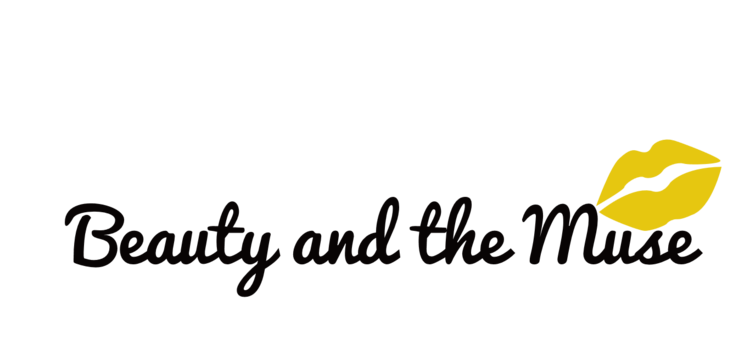When I was small, I was very watchful. Thoughtful. I’d watch Mom do everything. I wanted to know how she did it, how long it took her, her mannerisms. A little black sponge, I was. For the most part, I got it. But I never understood why Mom was extra nice, extra perky, and sounded differently when she talked to white folks. It all clicked one day when we were at the doctor’s office, that like her, one day I’d become a black woman with many faces, too.
I was around eight years old. It was hard for me to climb up on the clinic’s bed because my legs were so short. Mom pulled over a step stool and up I went. I sat on the rough white disposable barrier, kicking my scuffed gym shoes from Pay-Less at the edge. Back and forth. Quiet as usual as Mom pulled out her planner and jotted down notes.
Now, mind you, I was renamed Amerra (Islamic meaning is princess) when Mom converted to Islam. So, that’s the name I knew. None other.
The doctor knocked. A white male wore an off-white lab coat and had a manila folder in hand. He shifted through the papers, looked me dead in the eye and said, “Leah?”
I froze. Who was this Leah? My name was Amerra. Mom probably noticed the baffled look on my face, so she quickly said in the most white-black voice she could muster, “Yes. This is Leah.”
My name was Leah, too!?! I had two names. Not possible.
After some snooping, I saw that the name Leah Vernon was on my social security card and on my birth certificate. And that Amerra Jaahan was a Muslim name that she’d given me when we converted. I then found out that Mom didn’t name me Leah at all, but my grandmother had when I was born because Mom didn’t want any more children after my older sister and that I was to be given up for adoption… Ultimately, I wasn’t, but that’s a completely different story.
I never asked Mom why she didn’t tell the white doctor my Muslim name. Or why she put on her ‘professional’ voice when she answered the phone versus talking to us or her black, Muslim friends.
I already knew what most little black girls figured out eventually.
That as a black woman, we must wear many faces. And control what we tell others about our true selves for protection. We are not allowed to be our true selves. Because then we become stereotypes. We are called aggressive. We are called angry. Bitter. Rough. Loud. Too woke.
I was out with a girlfriend for brunch, which is what prompted this essay. She told me that her good friend, who happened to be white, said, “why can’t you, as a black woman, be your true self. I mean, I’d accept you in your truest form.”
My friend and I burst out laughing as she recanted the story. That’s how ridiculous the white girl sounded. We both blamed white superiority/privilege to the comment she made.
No, hunny, YOU, as a white woman CAN be a white woman. A black woman, cannot be true to herself because when she does, she makes everyone around her uncomfortable. She makes the black man uncomfortable with her tirades of being treated with respect. She makes the white man uncomfortable because when she stands up for her rights she is seen as aggressive, unattractive. She makes the white woman uncomfortable because when we say that ‘All’ women ain’t the same here in America we are seen as combative. I can go on and on…
The sad part is that I have fallen into this hole, this ongoing system of changing my genuine self to ‘fit’ in with uppity white people. To fit in with ghetto black people. To fit in with extreme Muslims. My family. My ex. Expectations set and looped in a strange time zone.
I’ve worn so many faces. And it has become so normal, so ingrained that I don’t even notice that I’m doing it. It just turns on like a light switch. But sometimes, when I catch it, I am disgusted. This is not you, I say to myself.
But what do you do? What do you do when it’s become a part of your everyday routine to be someone else for the sake of others comfort?
My friend and I ended the conversation with no resolution to wearing faces that weren’t ours. Our mothers did it. Our grandmothers did it. Hell, we’ve been doing it for hundreds of years. And they survived. We can survive, too. But at what cost?
We may not have all the answers. Or be the most perfect. Or most feminine. But no one can deny that we are Perseverant. Endurable. Strong. We both agreed that black women are the strongest of all women. I know that I’ll get flack for pointing out that fact, but you have no idea unless you’ve walked in my shoes. My black mother’s shoes. Or my black grandmother’s shoes. With that innate strength, we get beat down the most for it. We are the lowest on the totem pole. We get it from all sides. We are taken and objectified. We are told we are useless by our own men. We are thought less of by other cultures. We are picked apart and left to dry in the sun.
But still, we have this unending strength and beauty against all the odds.
Frankly, I wouldn’t change being a black, Muslim woman for anything.

